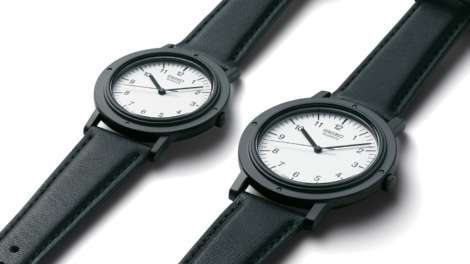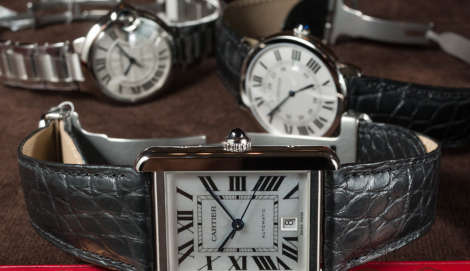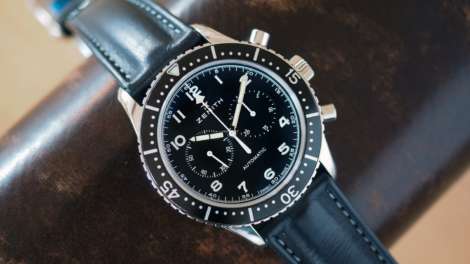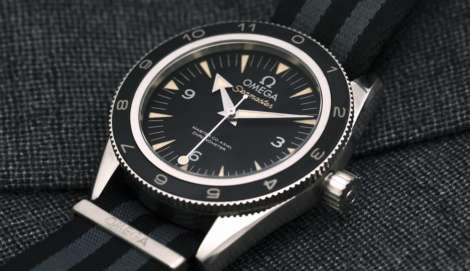WHO TO FOLLOW: @Loevhagen
 There are some people who just nail Instagram. Bjoern, also known as @Loevhagen, is one of those people. More specifically, he’s one of the masters of the wristshot, recognised widely for his creative photography. Hailing from southern Norway – and not keen to divulge much more than that – he has an impressive watch collection filled with new and vintage Rolex and Tudor. NAME: Bjoern OCCUPATION: International man of mystery HANDLE: @Loevhagen FOLLOWERS: 73.3k LOCATION: Norway T+T: A glance at your feed might make people think you only wear Rolex. Is that the case? For the past three years, I’ve virtually only worn Rolex but when I started this instagram feed as a hobby, I had no plans of even getting one. I had two Orients, and after that I explored a couple of Steinharts – but then I bought a Rolex Polar 216570 and loved it. I got a 16750 Pepsi next and the BLNR new, and suddenly, I owned 10 Rolexes. T+T: What is it you like about the brand? I can understand the fascination some people have for annual calendars and other complications, but I like my watches robust, simple and functional by design. I just need the time…
There are some people who just nail Instagram. Bjoern, also known as @Loevhagen, is one of those people. More specifically, he’s one of the masters of the wristshot, recognised widely for his creative photography. Hailing from southern Norway – and not keen to divulge much more than that – he has an impressive watch collection filled with new and vintage Rolex and Tudor. NAME: Bjoern OCCUPATION: International man of mystery HANDLE: @Loevhagen FOLLOWERS: 73.3k LOCATION: Norway T+T: A glance at your feed might make people think you only wear Rolex. Is that the case? For the past three years, I’ve virtually only worn Rolex but when I started this instagram feed as a hobby, I had no plans of even getting one. I had two Orients, and after that I explored a couple of Steinharts – but then I bought a Rolex Polar 216570 and loved it. I got a 16750 Pepsi next and the BLNR new, and suddenly, I owned 10 Rolexes. T+T: What is it you like about the brand? I can understand the fascination some people have for annual calendars and other complications, but I like my watches robust, simple and functional by design. I just need the time…
The post WHO TO FOLLOW: @Loevhagen appeared first on Time and Tide Watches.



